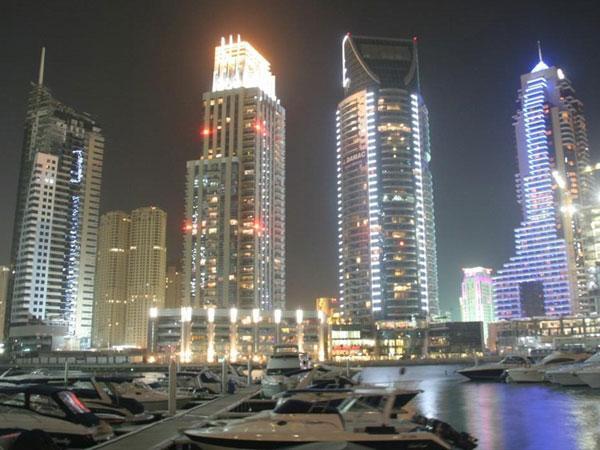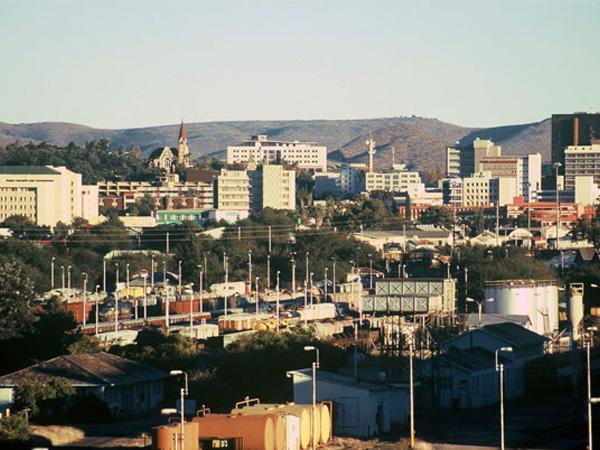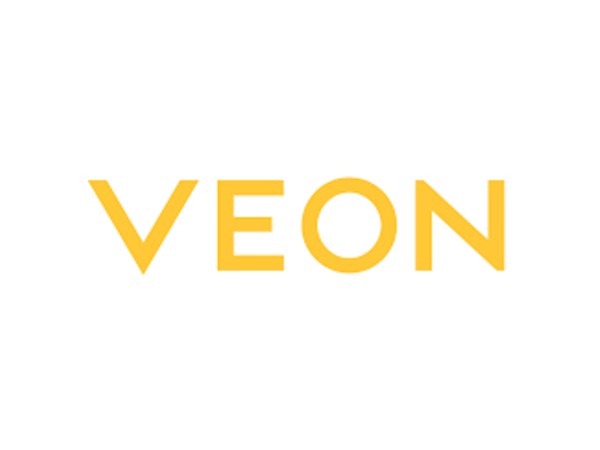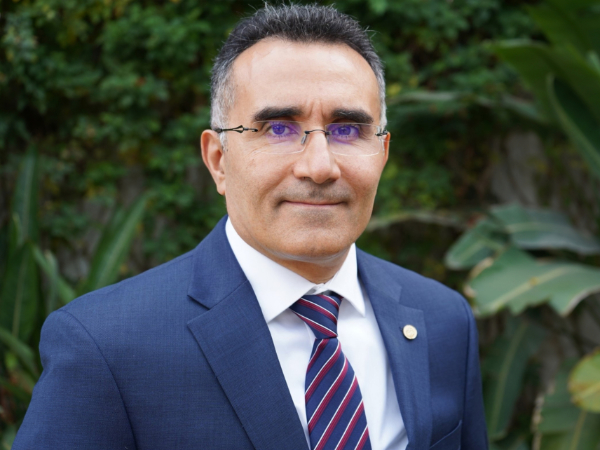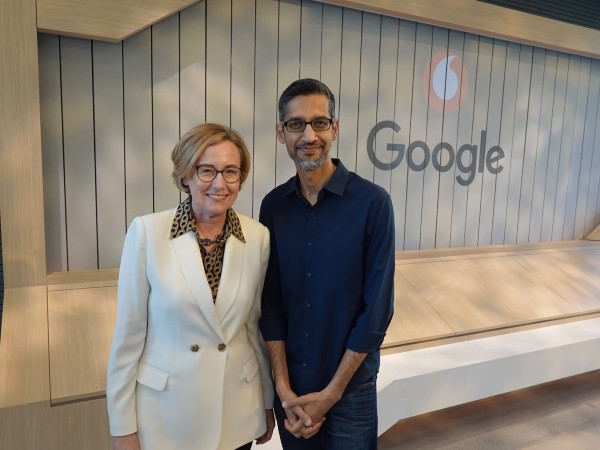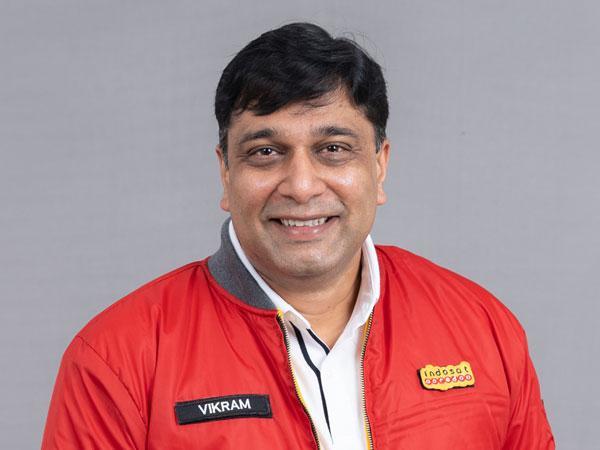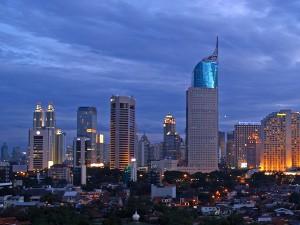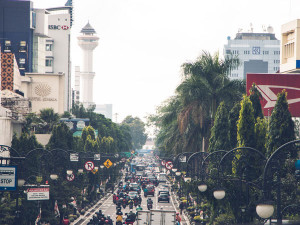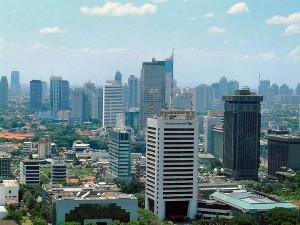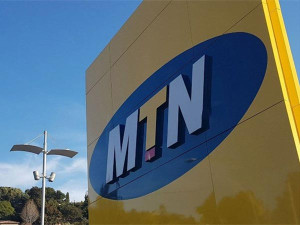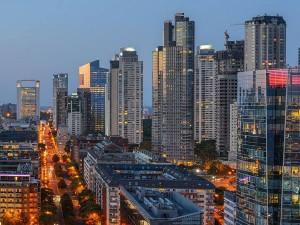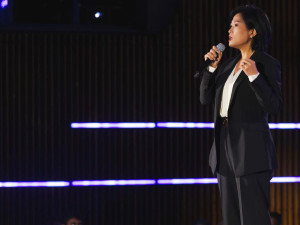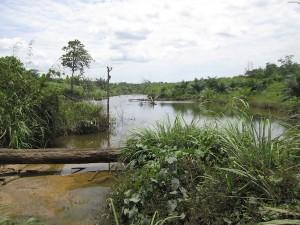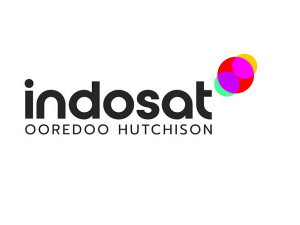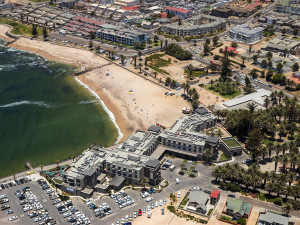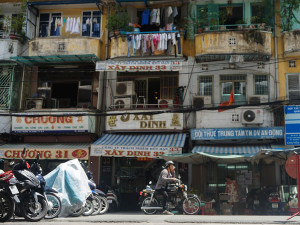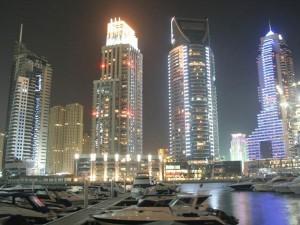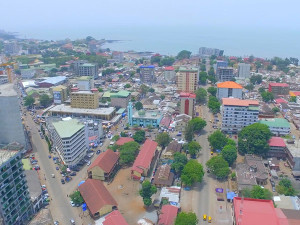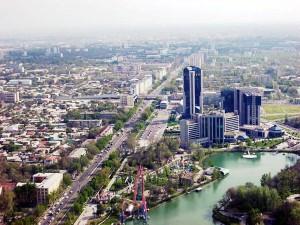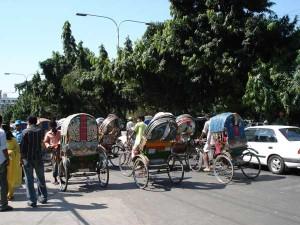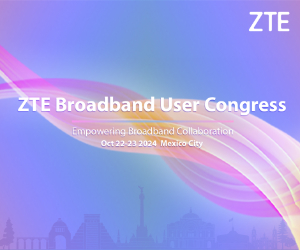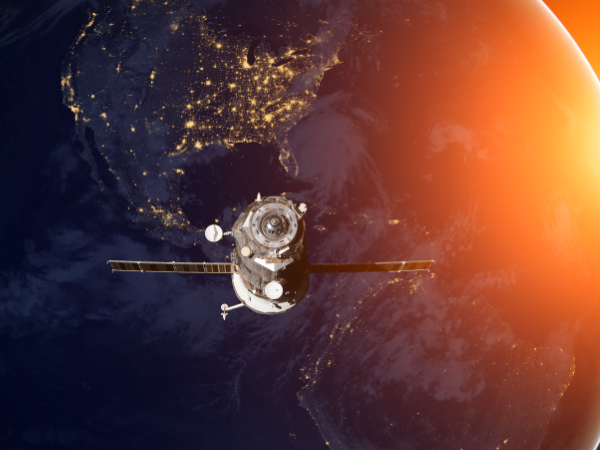Vikram Sinha is a veteran of the telecoms industry, having spent 10 years with Bharti Airtel across India and Africa before moving to the Ooredoo Group.
At this company, he began his tenure in the Maldives before moving to Myanmar, and after two years in this challenging greenfield market he was transferred to Indonesia where he remains as COO of Indosat Ooredoo. The market is one of Asia’s most populous, with incredibly varied income levels and challenging geographies, and DT Editor James Barton caught up with Vikram to discuss the state of play in Indonesia.
What were the key positives and negatives of Indosat’s situation when you arrived in Indonesia?
Indosat is a very strong brand in Indonesia; it’s over 53 years old! In my first three months here I travelled across the geographies and began to recognise the power of this brand. Unfortunately, we had some parts of our strategy wrong and 2018 was a catastrophic year for us, during which the company lost 25% of its value. I was brought here to turn this around, and after eight quarters it’s been a good run but more importantly the legacy is very strong.
How is the strategy going?
We have completed two years of the three-year turnaround strategy and we’re into the ninth quarter. We had a few objectives, and the first was to invest close to US$2 billion into our network coverage, especially on 4G. The second was to make Indosat the most trusted brand in the market, and the third was to move to sustainable profitability. By doing this, we wanted to become the fastest growing telecom brand in Indonesia.
Looking at the latest report from OpenSignal, we have the rising star in most parameters; we’ve been able to execute our investment strategy and it’s showing results, and according to their latest report on brand finance Indosat is the sixth-fastest growing brand globally. We’re approaching two years of back-to-back double digit revenue growth across 2019 and 2020, and EBITDA is growing faster than revenue due to cost restructuring. The importance of a strong brand should not be underestimated, but if you have this and also get your commercial execution right, you can get fast results.
Your digital strategy has been a core pillar of this – was that already the case or has it shifted more in this direction due to the pandemic?
In a strange way, there has been a silver lining of Covid for the telco sector – it has pushed the importance of connectivity to the forefront, whether among policymakers or governments, everyone now understand the importance. In terms of digital, we realised that you can do everything on your own so we took a new strategy of partnerships and collaboration, working with some of the world’s biggest tech firms such as Google and Facebook as well as developing our own digital applications and strategies. We used to see around 20% of our total recharges made via digital channels and this figure has now crossed 40% within one year; it’s important to keep track of the customer, sometimes they adopt online channels rapidly and operators react slowly, so we take care to keep up.
As a company, when it comes to digital the last year has been very good, and this success needs to extend to other companies in the market. Small and medium enterprises must do well in order to improve Indonesia’s economy, so we need to support them and help them switch to digital channels. When nearly everybody is working from home, new approaches are required and there’s a lot we were able to do for them.
What kind of initiatives did you enable?
Small and medium sized enterprises contribute around 60-65% of Indonesia’s GDP. The government is trying to do a lot to support them, and to help them we launched Cloud Connect, which is a very simple plug & play platform to help them continue business activities. We were able to launch a fully secure platform within one month, which was crucial; nobody thought there’d be such a sudden lockdown and these companies have to ensure that they’re able to sell their products, so this platform proved popular.
We also worked with Facebook on an initiative called Facebook 101, which was aimed at bringing small unconnected villages online. It’s easy to think that all of Indonesia is like Jakarta, but there are a lot of islands and rural environments that are very remote and challenging to connect. Another way that we sought to ignite the economy was to help develop and promote local content. There are talented local artists and organisations who need help with this; content consumption is of course on the rise but it’s both desirable and economically sensible to help push locally produced content – it helps keep local money circulating in the local economy instead of sending it overseas.
What kind of local investment initiatives have you been involved with?
People in Indonesia really believe in giving back to their society and community, and as Indosat we have a larger role to play. IDCamp (Indosat Ooredoo Digital Camp) is one of our corporate social responsibility programmes through which we’ve been able to help create digital talent; it has already reached more than 30,000 students and we’re also looking at initiatives with disabled children to teach coding and other skills. There’s a lot of talent in Indonesia, and these initiatives help to nurture this.
On a broader spectrum, what are the trends you see across the sector?
The industry faced declines of 1-2% last year, but despite this we were able to grow around 7-8%, and I expect the industry to recover during 2021, growing by up to 3-4%. In terms of Covid, things are looking a little better but there’s a long way to go. What’s more important is that the government never implemented a full lockdown; they instead mandated social distancing and managed it quite well, striking a good balance between taking care of the populace and enforcing strict controls. With vaccines on the way, there are some good initiatives to ensure that the hotspots such as Jakarta and Bali are treated at a faster rate, but it will be some time before things are back to normal. Fortunately, the telecom industry is one of the least impacted, and the importance of the sector is increasing significantly. We have to play an active role in helping the economy.
The Indonesian government recently overturned its move to award digital dividend spectrum in the 2300MHz band – do you think this will adversely affect digital transformation in the market?
When the spectrum was put up for auction we evaluated it very carefully, but we felt that it didn’t make sense for us at that point. The government has now put the same spectrum up for auction with one change to the rules – operators are now able to acquire more than one 10MHz block. We are reevaluating this, but the bigger picture is that 2300MHz spectrum is not the most efficient for 5G; the lower bands are better for this so we’re waiting for that.
Is Indonesia ready for 5G?
It’s a matter of time, and 5G has a lot of potential to help industrialization and the digital economy. The partner and device ecosystem will be important, but the right use case will also be crucial. We’re investing to make sure we’re 5G-ready, deploying fibre to our sites, and this takes years. We’re waiting for the right time; in my opinion, in Indonesia it will be 2023 before 5G makes commercial sense.

